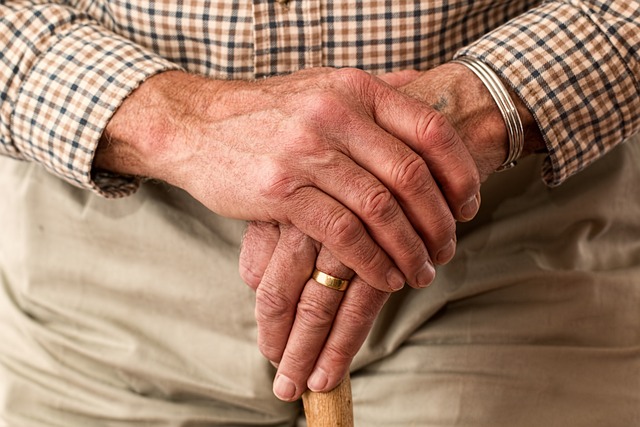Elderly Companion Services are a crucial safety net for caregivers overwhelmed by managing aging loved ones' needs. These services offer personalized assistance with companionship, errands, household chores, and mobility support, freeing up caregivers' time and preventing burnout. By outsourcing daily tasks, families can prioritize meaningful connections while ensuring their loved ones maintain independence and safety. To initiate these services, identify specific needs, research local options, set routines, create errand lists, and facilitate clear communication among all involved parties.
Running errands can be a significant challenge for caregivers juggling demanding schedules. Understanding the unique needs of busy caregivers, who often prioritize the well-being of their loved ones, is crucial. This article explores how elderly companion services step in as a lifeline, providing much-needed support with daily tasks. We’ll delve into the numerous benefits, from improved self-care to increased freedom, and offer practical steps for integrating these services into your caregiving routine.
- Understanding the Needs of Busy Caregivers
- The Role of Elderly Companion Services
- Benefits and How to Get Started
Understanding the Needs of Busy Caregivers

Busy caregivers, often shouldering immense responsibilities for their loved ones, face unique challenges. Balancing caregiving with other demanding roles requires meticulous planning and efficient solutions. This is where elderly companion services step in as a lifeline, understanding the intricate needs of these caregivers. By offering personalized assistance, these services alleviate daily tasks, allowing caregivers to focus on their primary role while maintaining their well-being.
Caregivers often struggle with time management, leaving them little respite. Companion services address this by providing companionship, running errands, and assisting with household chores. This not only reduces the caregiver’s workload but also offers much-needed breaks, preventing burnout. With professional support, caregivers can maintain their dedication while ensuring their own physical and mental health, fostering a healthier caregiving environment.
The Role of Elderly Companion Services

Elderly Companion Services play a vital role in supporting and assisting busy caregivers, especially those managing the care of aging loved ones. With their dedicated professionals, these services offer companionship, assistance with daily tasks, and help with mobility, allowing seniors to maintain independence and quality of life. This is particularly crucial for caregivers who may have demanding jobs or other responsibilities, leaving them with limited time to dedicate to their elders’ needs.
These companion services cater to various needs, from light household chores and meal preparation to transportation and personal care. They provide a safety net, ensuring seniors receive consistent attention and support while easing the burden on caregivers. By outsourcing these tasks, families can focus on fostering meaningful connections with their loved ones without the stress of managing daily care.
Benefits and How to Get Started

Running errands for busy caregivers, especially those with elderly parents or young children, can significantly ease their load and improve their quality of life. The benefits are vast; it allows them to focus on their primary responsibilities, maintain a sense of normalcy, and reduce stress levels. Additionally, having an Elderly Companion Service ensures safety while running errands, as companions can assist with transportation, shopping, and other tasks that may be challenging for the caregivers.
To get started, identify specific needs—be it grocery shopping, picking up prescriptions, or accompanying seniors to medical appointments. Next, research local Elderly Companion Services or consider volunteers within your community who might be willing to help. Setting a routine and creating a list of errands can also streamline the process. Remember, clear communication is key; discuss preferences, boundaries, and any specific requirements with both the care recipients and their companions.
For busy caregivers, managing daily tasks can be a significant challenge. Incorporating Elderly Companion Services offers a much-needed solution, providing valuable support and allowing time for personal well-being. By delegating errands, caregivers can focus on their primary role while ensuring the comfort and safety of their loved ones. This win-win scenario not only preserves caregiver health but also enhances the quality of life for those in their care.
